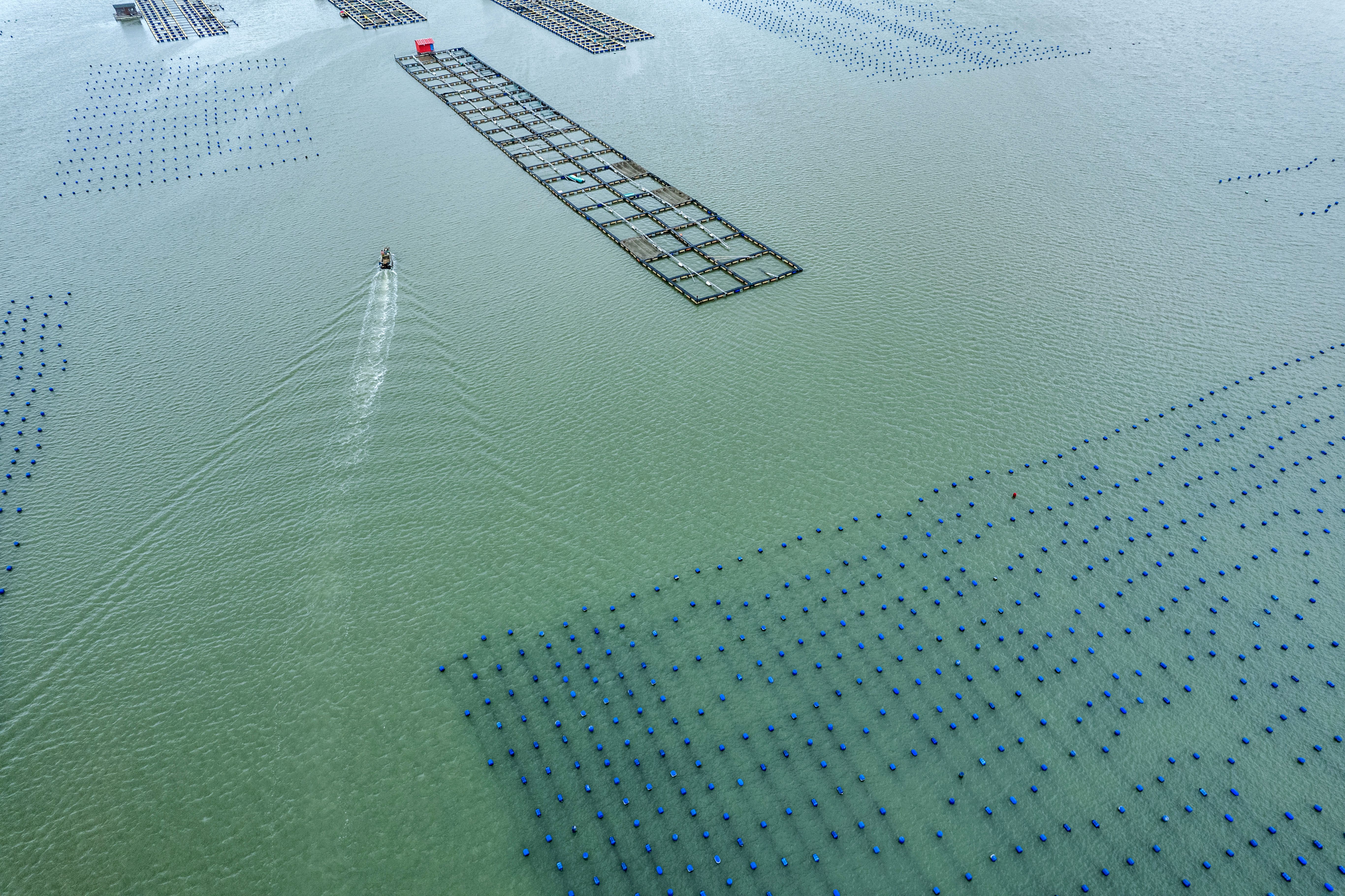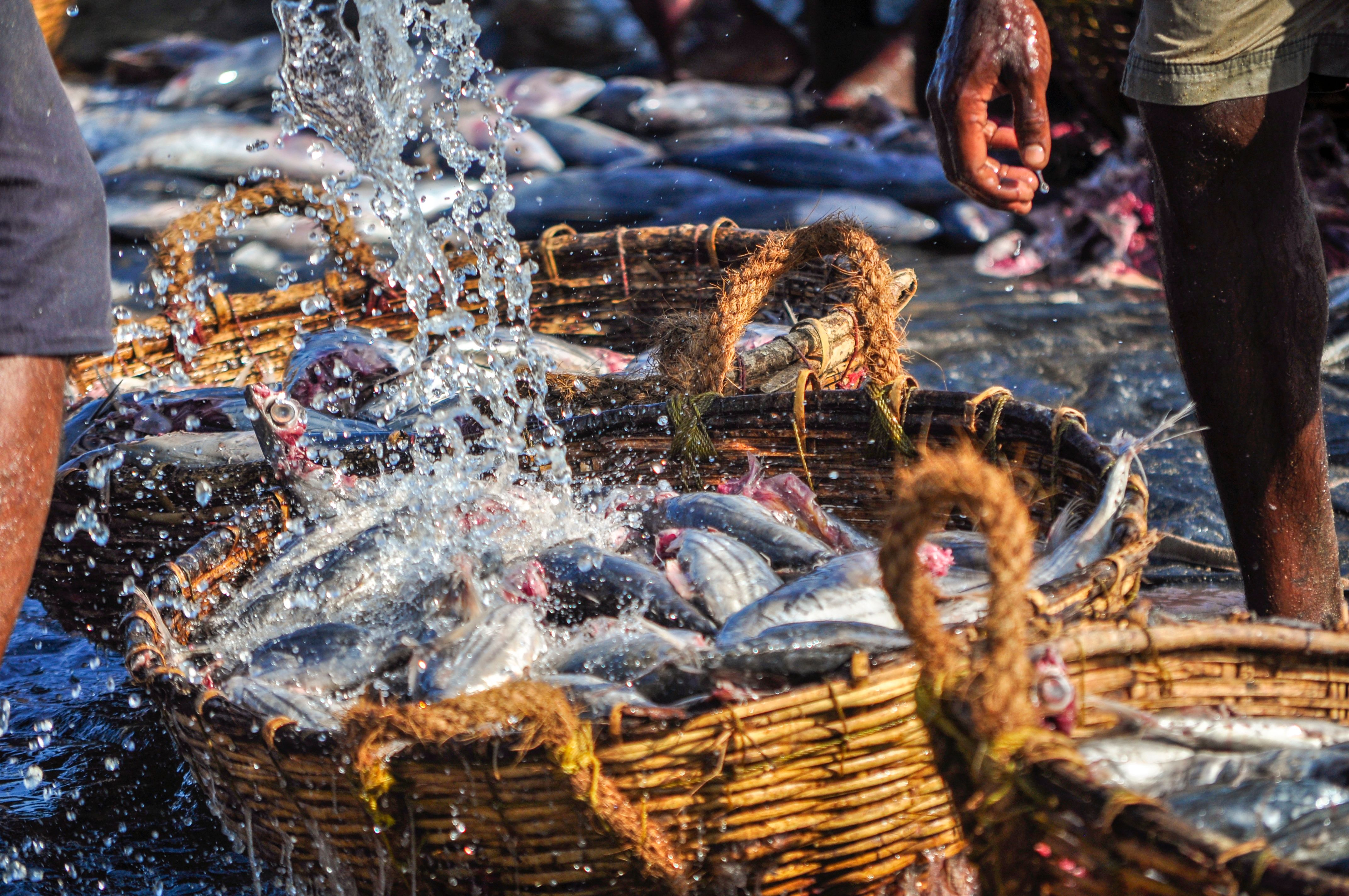Enhancing Nigeria's Fisheries: Strategies for Growth and Sustainability
Introduction to Nigeria's Fisheries Sector
As one of the largest and most populous countries in Africa, Nigeria boasts a rich and diverse aquatic ecosystem. The fisheries sector plays a crucial role in the country's economy and food security. Enhancing Nigeria's fisheries is essential for fostering growth and ensuring sustainability in this vital industry. This blog post will explore key strategies that can help achieve these goals.

Improving Infrastructure and Technology
One of the primary challenges facing Nigeria's fisheries sector is the lack of modern infrastructure and technology. By investing in advanced fishing equipment and facilities, the industry can significantly increase its productivity and efficiency. The introduction of cold storage facilities and refrigerated transport can also reduce post-harvest losses, ensuring that more fish reaches consumers in optimal condition.
Adopting Sustainable Fishing Practices
To ensure the long-term viability of Nigeria's fisheries, it is essential to adopt sustainable fishing practices. This includes implementing regulations that limit overfishing, protecting endangered species, and promoting responsible aquaculture. By enforcing these measures, Nigeria can preserve its aquatic ecosystems and maintain fish populations for future generations.

Enhancing Education and Training
Another critical aspect of enhancing Nigeria's fisheries is improving education and training for those involved in the industry. Providing fishermen with access to training programs that teach sustainable practices and modern fishing techniques can lead to more efficient and environmentally friendly operations. Additionally, education initiatives can raise awareness about the importance of conservation and responsible resource management.
Strengthening Policy and Governance
Effective policy and governance are essential for fostering growth in Nigeria's fisheries sector. The government should work to develop clear regulations that support sustainable practices while also promoting investment in the industry. Encouraging collaboration between public and private sectors can also drive innovation and development. A robust policy framework will ensure the sector's resilience and growth.

Promoting Innovation Through Research
Research and innovation are key drivers of growth in any industry, including fisheries. By supporting research initiatives that focus on developing new technologies and methods for sustainable fishing, Nigeria can enhance its fisheries sector. Collaboration between universities, research institutions, and the private sector can result in innovative solutions that address the unique challenges facing Nigeria's fisheries.
Building Stronger Communities
The success of Nigeria's fisheries depends not only on technology and policy but also on the strength of its communities. By empowering local communities through capacity-building programs and providing access to resources, the industry can create more resilient and sustainable livelihoods. Encouraging community involvement in decision-making processes ensures that local needs and perspectives are considered in the development of the sector.

Conclusion
Enhancing Nigeria's fisheries requires a multifaceted approach that addresses infrastructure, policy, education, and community engagement. By adopting sustainable practices, investing in technology, and fostering collaboration between stakeholders, Nigeria can achieve growth and sustainability in its fisheries sector. These efforts will not only boost the economy but also secure a stable source of nutrition for millions of Nigerians.
